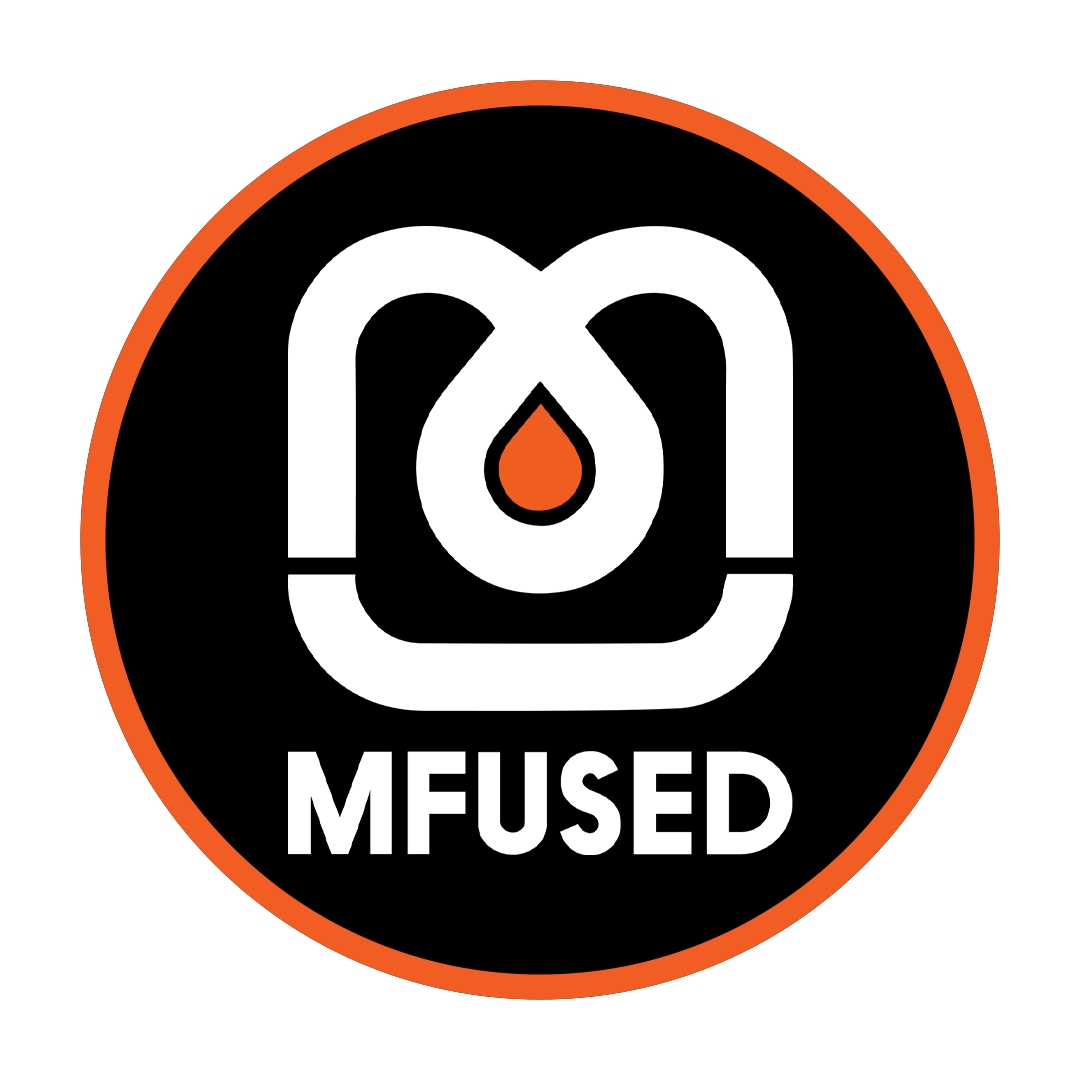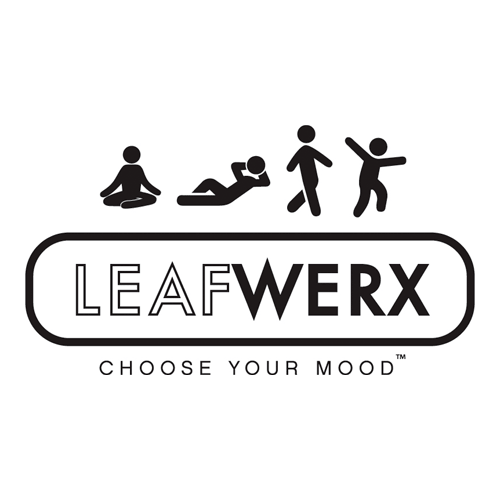Your Cannabis Questions, Answered!
What types of healthcare practitioners can authorize marijuana for qualifying conditions?
The following healthcare practitioners may authorize marijuana:
Medical Doctor (MD)
Physician Assistant (PA)
Osteopathic Physician (DO)
Osteopathic Physician Assistant (DOA)
Naturopathic Physician
Advanced Registered Nurse Practitioner (ARNP)
Is it necessary for the authorizing practitioner to personally fill out the form?
Yes, it is. As the one who is ultimately responsible for the form, the authorized practitioner needs to fill out the information and sign the “Attestation of Healthcare Practitioner,” as well as the section pertaining to additional plants, if used.
Filling out the “Patient and Designated Provider and Authorizing Healthcare Practitioner Information” sections may be handled by the authorizing practitioner’s staff members. The authorizing practitioner can pre-print the particulars of the “Authorizing Healthcare Practitioner Information” section. Patients and designated providers are not permitted to complete any section of the form other than signing under the attestation.
What if the authorizing practitioner has terrible handwriting?
The form is the authorizing practitioner’s responsibility. All information on the form must be legible. Information that is illegible or false renders the form invalid.
May I use a website or email address instead of a telephone number for verification?
No. The law requires a telephone number for the authorizing practitioner where the authorization can be verified during normal business hours. You may include a website or email address in addition to the telephone number.
What if the patient doesn’t want their address or medical condition on the form?
All the information must be included. If boxes are left empty the form is invalid.
Does including the patient’s medical condition violate HIPAA’s standards for the protection of sensitive patient health information?
HIPAA prevents a healthcare practitioner, insurance company, or healthcare billing service from supplying protected information to a third party. Providing a patient their own information isn’t a violation. Patients knowingly offering up their own information is not a violation.
See a question that hasn’t been answered yet? Send us your question and we will make sure to add it to our FAQ page.















